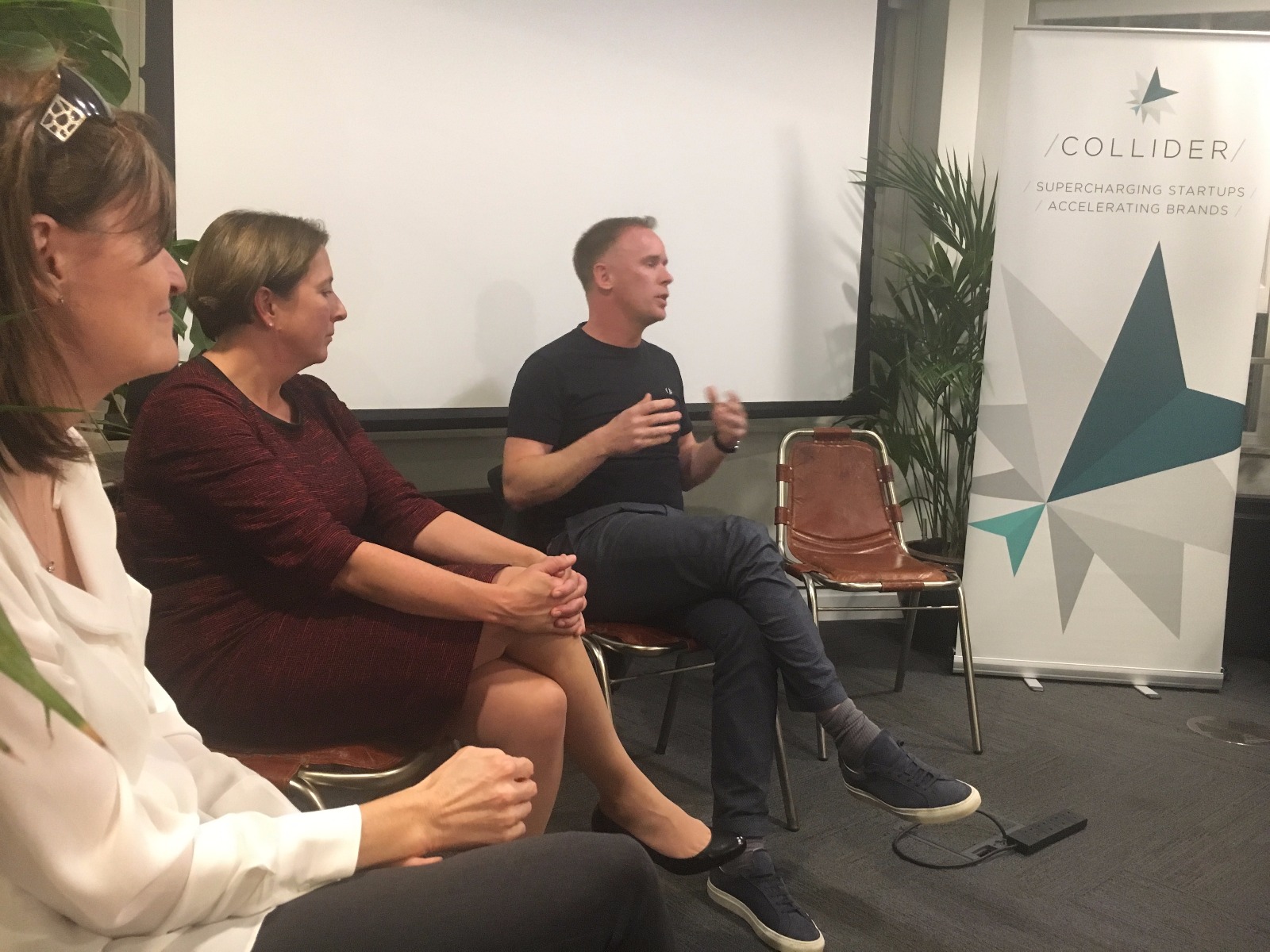
After our group session with Rory earlier in the week, our heads were reeling with book recommendations, poignant questions, and telling quotations. Here are a few of my favourites.
1. Queuing for a nightclub is a good thing, queuing at the airport check-in is a terrible thing.
2. Pay the price of imperfection for the sake of clarity.
3. Our behaviour is not the product of our attitudes; our attitudes are a product of our behaviour.
4. Bright-line rules have their place in society, especially concerning tax evasion.
5. All human choice is path dependent.

6. Everyone should read Nate Silver's book 'The Signal and the Noise: Why So Many Predictions Fail-But Some Don't'.
7. TripAdvisor is an example of a reputational feedback loop, where the consumer can only benefit as service gets better.
8. As the banking system has proven, you can't trust people who can't get hurt. We need a means of retaliation to develop any sort of trust.
9. Changing one little thing can have a hugely disproportionately effect, such as the $300 million button from a large e-tailer.
10. The SCARF model, as shown below, is a summary of important discoveries from neuroscience about the way people interact socially. The internet has the potential to tell us a great deal more about human behaviour.













